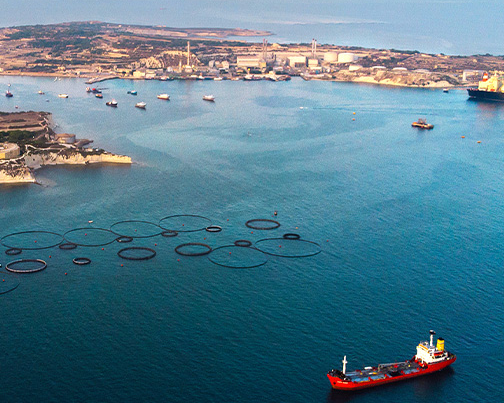The European Climate Law will transform political promises into a binding legal obligation. It will write Europe’s climate neutrality target for 2050 into law and propose the path to get there. It will give European citizens and businesses the predictability, transparency, and accountability which they need for this collective transformation. The legislative proposal was submitted to the European Parliament, the Council, the Economic and Social Committee and the Committee of the Regions for further consideration under the ordinary legislative procedure. As of March 2021, it appears that negotiations will be complete by April, ahead of the “Fit for 55” package of energy and climate laws that the EC will table in June. By June 2021, the EC will also review and, where necessary, propose to revise all relevant policy instruments to deliver additional greenhouse gas emissions reductions.
European Climate law
The law aims at ensuring that all European policies contribute to this common goal, and that all sectors of the economy and society play their part in achieving this goal.
The European Climate law proposal sets out the long-term direction of travel for meeting the 2050 climate-neutrality objective through policies, in a socially fair and cost-efficient manner. The proposal creates a system for monitoring progress and providing predictability tools for investors and other economic actors. The European Climate law framework will also ensure that the transition to climate neutrality is irreversible.
It will surely be interesting to see how the proposed European Climate law will guide Europe’s efforts to achieve climate neutrality as part of the European Green Deal.
Recent Posts / View All Posts



Green Deal Malta is a non-political platform, which is not affiliated with any public or Governmental body.

